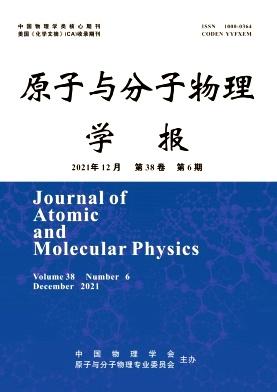Silicon-Based Technology for Ligand-Receptor Molecular Identification
引用次数: 6
Abstract
One of the most important goals in the fields of biology and medicine is the possibility to dispose of efficient tools for the characterization of the extraordinary complexity of ligand-receptor interactions. To approach this theme, we explored the use of crystalline silicon (cSi) technology for the realization of a biotechnological device in which the ligand-receptor interactions are revealed by means of optical measurements. Here, we describe a chemical procedure for the functionalization of microwell etched on silicon wafers, and the subsequent anchoring of biological molecules like an antibody anti-A20 murine lymphoma cell line. The optical analysis of the interaction on the biochips between the bound biomolecule and their corresponding ligand indicated that the functionalized cSi is suitable for this application.配体受体分子鉴定的硅基技术
生物学和医学领域最重要的目标之一是有可能处理有效的工具来表征配体-受体相互作用的异常复杂性。为了接近这个主题,我们探索了使用晶体硅(cSi)技术来实现一种生物技术装置,其中配体与受体的相互作用通过光学测量来揭示。在这里,我们描述了一种化学过程,用于在硅片上蚀刻微孔的功能化,以及随后锚定生物分子,如抗a20小鼠淋巴瘤细胞系的抗体。结合的生物分子与相应的配体在生物芯片上相互作用的光学分析表明,功能化的cSi适合于这种应用。
本文章由计算机程序翻译,如有差异,请以英文原文为准。
求助全文
约1分钟内获得全文
求助全文

 求助内容:
求助内容: 应助结果提醒方式:
应助结果提醒方式:


